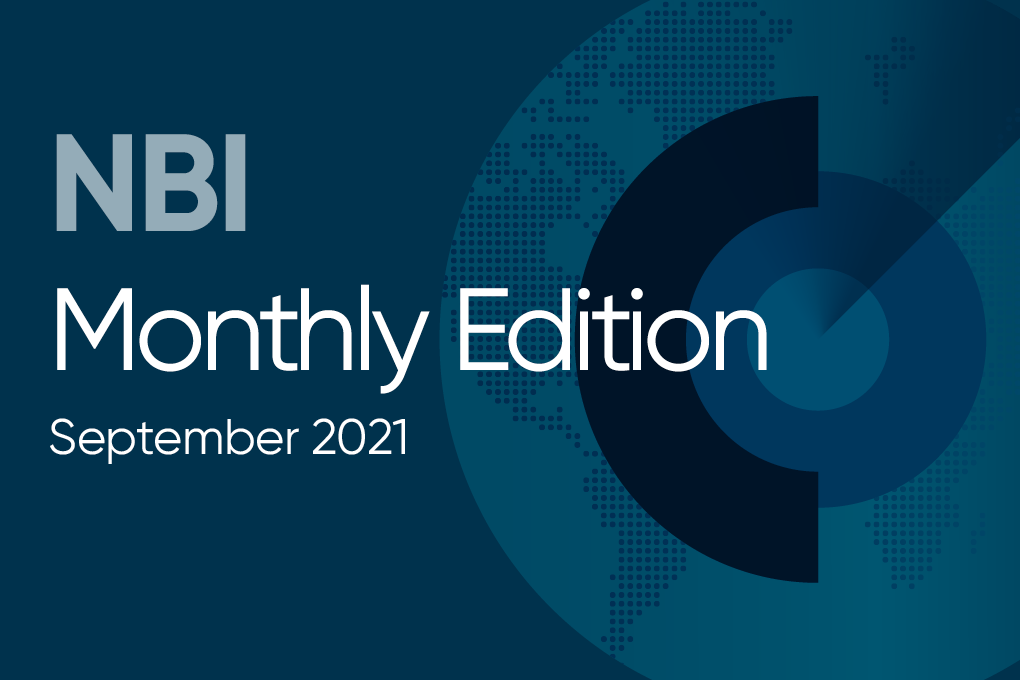With prices trending higher, inflation has become a dominant narrative over recent months. On one end of the spectrum are those that believe we are moving towards a prolonged period of inflation. On the other end are those that believe price pressures are temporary. While there is no denying inflation is here, how likely is it that it is here to stay?
Why this is probably a temporary setback
1. Credible policymakers are suggesting inflation is “transitory”
Both the Federal Reserve and Bank of Canada believe what we are seeing is transitory. Price pressures are likely attributed to the COVID-19 pandemic and the reopening of economies. As such, policy changes are not warranted at this time and the supply-demand imbalances that are causing inflation are expected to stabilize in the near term.
2. Market participants and consumers both expect inflation to stabilize
Analyzing the expectations of economic agents such as market participants and consumers is another way to determine if inflation is here for the long haul.
The reasoning is simple. If a majority of consumers are confident that long-term inflation will remain stable, any abnormal rise in prices should incline people to delay their purchases (when possible) until prices stabilize. Conversely, if a majority believes that prices are bound to continue to rise significantly faster, consumers are more likely to accelerate their purchases.
For now, measures of expected inflation suggest both parties are leaning toward the transitory rise scenario, as the rate expected beyond the next year is consistent with the Federal Reserve’s long term inflation target (see charts below).


To conclude
While inflation is trending above central bank targets in the U.S. and Canada, recent data seems to suggest it may be slowing. As such, while there is no denying inflation is here, there are no reasons to believe it will be "dangerously" higher. Regardless of what will happen, the best way to hedge your portfolio against inflation is to diversify your holdings across a wide range of asset classes!


